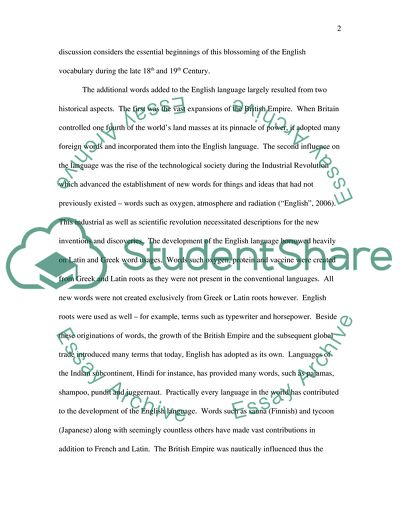Cite this document
(The Development of English Dictionaries during the Period 1780-1900 Coursework, n.d.)
The Development of English Dictionaries during the Period 1780-1900 Coursework. https://studentshare.org/english/1704328-explore-the-development-and-influence-of-english-dictionaries-and-grammars-during-the-period-1780-1900
The Development of English Dictionaries during the Period 1780-1900 Coursework. https://studentshare.org/english/1704328-explore-the-development-and-influence-of-english-dictionaries-and-grammars-during-the-period-1780-1900
(The Development of English Dictionaries During the Period 1780-1900 Coursework)
The Development of English Dictionaries During the Period 1780-1900 Coursework. https://studentshare.org/english/1704328-explore-the-development-and-influence-of-english-dictionaries-and-grammars-during-the-period-1780-1900.
The Development of English Dictionaries During the Period 1780-1900 Coursework. https://studentshare.org/english/1704328-explore-the-development-and-influence-of-english-dictionaries-and-grammars-during-the-period-1780-1900.
“The Development of English Dictionaries During the Period 1780-1900 Coursework”. https://studentshare.org/english/1704328-explore-the-development-and-influence-of-english-dictionaries-and-grammars-during-the-period-1780-1900.


